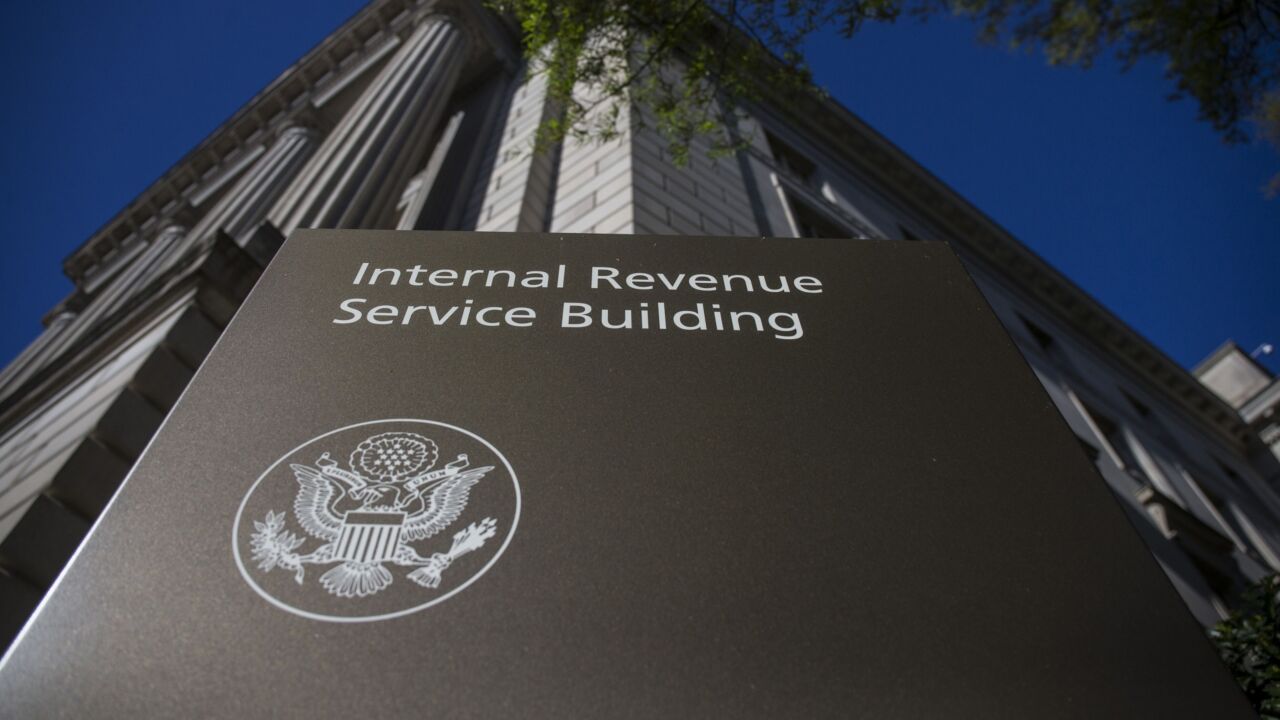Banks are working hard to
Some are performing advanced data analytics on large volumes of data — called "big data" in some circles — to find clues to such unsavory behavior.
As part of a broader environmental, social and governance (ESG) initiative, UBS is expanding its compliance database to include information gathered about environmental and social risks, which will be applied to companies, prospective sourcing partners and investment clients to ferret out controversy that could impact the bank's reputation and financial performance.
The bank has licensed software from RepRisk, a business intelligence firm that specializes in ESG. Switzerland's largest bank plans to expand its vetting of clients in wealth management, global asset management and institutional lending.
"By incorporating a defined set of data into an existing compliance database application, all staff involved in client vetting are able to quickly identify companies with potentialy elevated [environmental and social risks] in addition to 'know your customer' and compliance information," says Andreas Kern, a spokesman for UBS.
RepRisk draws data from thousands of third-party sources, such as print media, government agencies, non government organizations (NGOs), think tanks, websites, newsletters, social media and blogs to detect controversial information and compliance issues at companies and other large institutions. Its database includes more than 22,700 companies, 5,100 projects, 4,000 NGOs and 3,500 government bodies in more than a dozen languages.
Kern says the software will be integrated into the bank's compliance engine and will provide standardized information and user experience across departments. "This centralization of data ensures that information about multiple types of risks associated with potential clients is available in a single tool and that the risk information is presented to users in a consistent and familiar way," Kern says.
UBS will vet clients to ensure their reputational risk profile falls in line with the bank's developing reputational risk posture. It wants to avoid providing financial services to, or sourcing from suppliers where the primary commercial activities or their proceeds may involve risk related to environmental and social issues, such as illegal logging, palm oil production, harm to indigenous communities or forced labor.
Kern says the list of controversial activies was derived from an internal and external assessment and consultation process. The bank did not link the new project, or the
Right now, UBS is a relative pioneer in the use of advanced analytics, social media and unstructured data to aid in reputational risk management of institutional clients, but other banks may soon join it, given the compelling use case. "You want to develop a 360-degree view of a company in the process of deciding if you want to do business with them on a variety of levels, including lending them money," says James Kobielus, a senior analyst at Forrester. "You may want to find out if they have adopted sustainable practices in terms of waste disposal, or if they are endangering the health of people in the communities in which they are located."
There are a variety of options available to accomplish this view, including hiring a formal risk management team of SAS-certified data scientists to manage a database and perform longitudinal analysis (performance over time), cross sectional analysis (a view of a firm's performance at a single point in time from different perspectives) and text analytics (statistical modeling of data for research purposes) to spot legal or ethical red flags over a period of time or a single point in time. "You want to look at a timeframe that's similar to the length of the loan," Kobielus says. "There's a large amount of data, especially if it's unstructured data, it can be hundreds of terabytes."
The strategy is not without its challenges, particularly when measuring abstract, non-financial performance. "Do you have the data to assess the firm's 'degree of greenness?'" Kobielus says.
Kobielus says that social media can also be an invaluable component of such research, providing early insight into a company's reputation, often before official sources obtain such information. There are a number of firms that offer social media monitoring and analysis to track sentiment, such as SAS, Radian6 and Sprout Social.
"It's an unvarnished look into the public sentiment around a company," he says. "There are real quotes from the community. You can gain an early working knowledge of a company."





